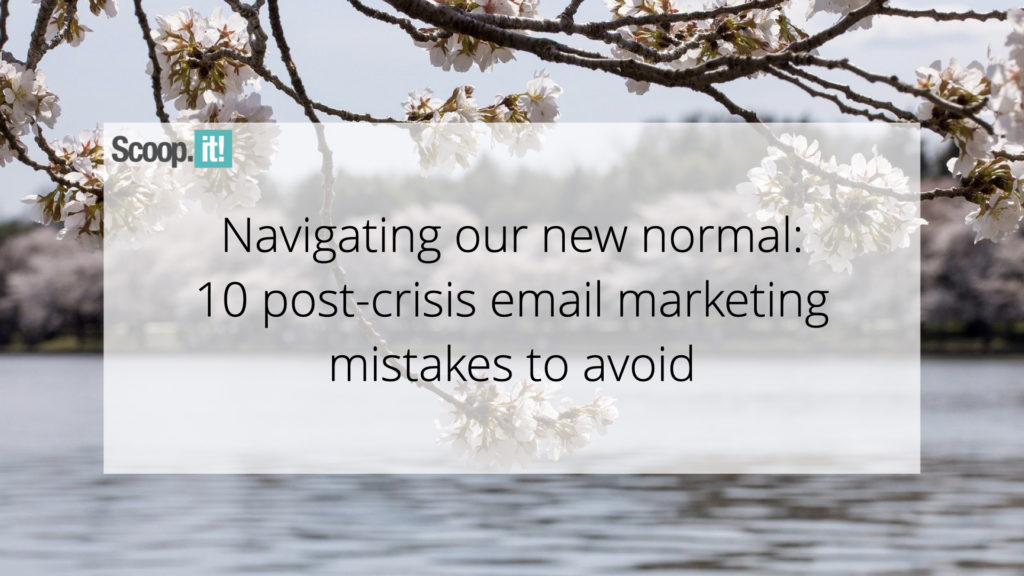How To Avoid Groupthink In Startups

Table of Contents
Groupthink is the tendency to settle for a perceived group consensus with out questioning it no matter … [+]
getty
A startup crew typically is made up of a compact selection of tightly-knit individuals. Every workforce member has a exceptional standpoint on what good results seems to be like for the startup, and how to accomplish that.
This point of view, on the other hand, is not always shared amongst all workforce customers. While talking about unique thoughts is important to creativeness and best conclusion-producing, a phenomenon termed groupthink can undermine this course of action.
Groupthink is the tendency to acknowledge a perceived group consensus with no questioning it irrespective if you as an specific believe it is appropriate.
When you get requested ‘Why didn’t you say one thing?’ the reply is most normally a lack of self-confidence that our input would be welcomed.
Groupthink is a predominant trait of dysfunctional teams, so it is of utmost great importance to discover it and root it out of your startup as soon as feasible. If not, you threat nurturing an unproductive startup tradition from the early phases.
Indications Of Groupthink
To detect groupthink, the US exploration psychologist Irving Janis factors out eight signs that founders really should glimpse out for within on their own and the relaxation of the team.
- Illusions of invulnerability – building a society of unnaturally high ranges of enthusiasm and optimism could decrease the chance avoidance in the team and direct to recklessness.
- Rationalization of warnings – frequently observed in compact corporations when acquiring detrimental suggestions from customers, rationalizations this sort of as “They do not know how it is done” and “They usually are not capable to give feedback” are likely to mask the group’s mistakes and motivate their repetition.
- Assumed moral righteousness – bad choices are manufactured on the foundation of unquestioned moral grounds.
- Labeling competition as inferior – these types of internal lifestyle prospects to underestimating competing startups and lacking the opportunity to find out from them.
- Pressure to conform – any group member who worries the assumed consensus is labeled as disloyal and sabotaging the business. This unfavorable feedback drastically cuts down the odds of group-member talking up, as the social price tag is also substantial.
- Self-censorship – associates of the workforce are consciously silencing their personal thoughts when they deviate from the perceived consensus.
- The illusion of unanimity – There is an assumption that silence equals settlement, which is not usually the circumstance.
- Mindguards – members of the group self-appoint themselves to ‘shield’ the team from details that does not healthy the recent narrative.
Inclusion, Management, And Affection In Startups
Will Schutz – a different US psychologist features a person way of combatting groupthink – the Inclusion/Management/Affection model. It identifies a few wants to be fulfilled in get to preserve optimistic psychological energy in the crew and create effective culture.
Inclusion – this is the early stage of a team’s sense of belonging and it addresses troubles these as:
- Do I want to belong right here?
- Are they likely to like me?
- Am I valuable listed here?
- Could I truly feel at household listed here?
Team customers who deficiency a feeling of belonging may perhaps surface apathetic to the startup and the selections that are built. They would arrive late and leave early, they may perhaps display screen signals of presenteeism. Unsurprisingly, a feeling of function and belonging is one of the very important elements for attracting and preserving top rated startup expertise.
Regulate – the 2nd phase is primarily based on the thoughts:
- Who is the ‘real’ leader of the group?
- Who has the most affect, and how do they impact other people?
- How structured is our work approach? Are we just likely with the circulation?
These concerns are linked to the implicit or express social hierarchy in the team. If someone has an mind-boggling social influence, then folks may possibly really feel unwilling to obstacle this human being, specifically publicly, which might lead to groupthink.
Passion – the final stage is centered all-around how substantially closeness involving customers is wanted and accepted within the team. The principal problems are:
- Is it safe and sound to share how I actually sense?
- Is it suitable to acquire a true friendship listed here or are these relationships superficial?
- How a great deal true openness is there in the workforce?
In buy to avoid groupthink, it is essential to develop a society in which openness is encouraged. The very best way to do that is to guide by illustration – as the founder, you can permit by yourself to be susceptible and to share your inner thoughts, frustrations, and blunders. This way you would show that this is suitable actions, and people today would not really feel judged when they discuss up.
In summary, overcoming groupthink boils down to setting up a tradition in which speaking up is inspired, relatively than punished. The exact approaches you use to accomplish this are up to you as a founder and must be selected based on your situations, but the two frameworks pointed out previously mentioned can provide as a fantastic basis.








